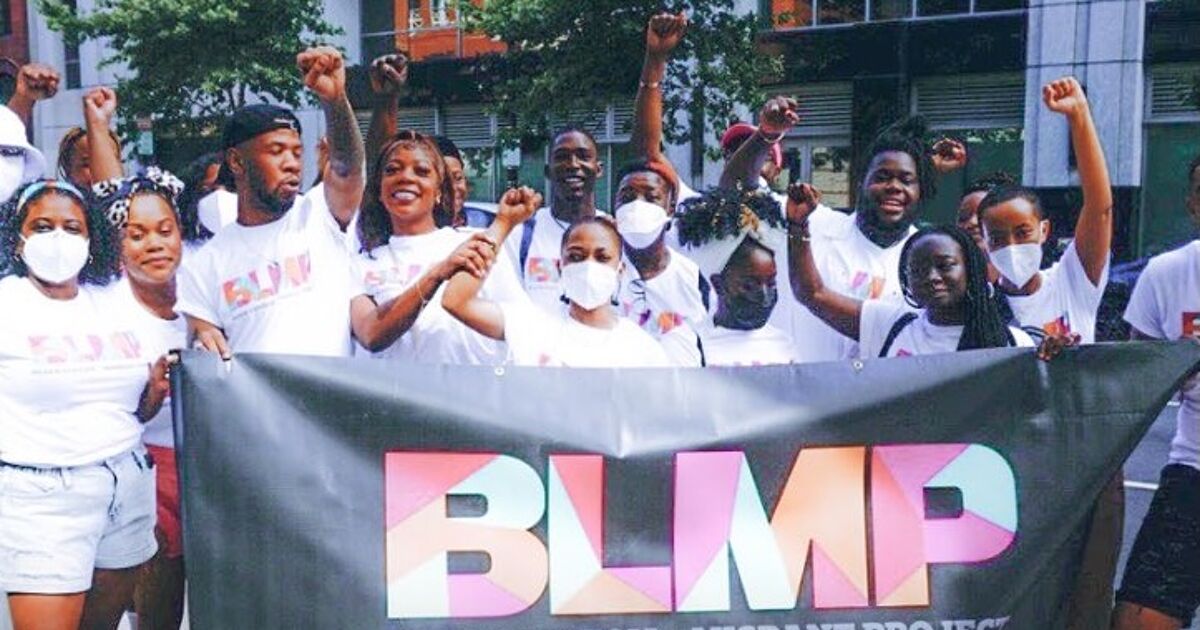
""One thing in Nigeria is they call it 'jungle justice,' whereby people take laws into their hands," Kadiri said. "And the government would even stand by and watch it... the police, the law enforcement agents, they don't do anything. And even if you go to the police station to report a case as a gay man, they turn it against you.""
"Asylum seekers in the U.S. don't have a right to representation in immigration court and can legally be held indefinitely in immigrant detention centers. Upon release, a court may not grant them a work authorization, leaving them unable to support themselves financially, says Oluchi Omeoga, the transgender co-founder and co-executive director of the Transgender Law Center's (TLC) Black LGBTQIA+ Migrant Project (BLMP), a group that Kadiri helped co-organize."
Audu Kadiri worked as an LGBTQ+ community health advocate in Nigeria until 2014, when the Same-Sex Marriage Prohibition Act (SSMPA) made same-sex relationships and support for LGBTQ+ organizations punishable by up to 14 years in prison. Queer activists faced threats, verbal attacks, and extrajudicial "jungle justice" with police and authorities often complicit or unresponsive. Kadiri relocated to the United States and joined a substantial Black immigrant and refugee population that includes many LGBTQ+ people. Asylum seekers frequently lack the right to legal representation, can be detained indefinitely, and may be denied work authorization, producing housing and financial instability. Local, state, and federal practices subject Black immigrants to hyper-surveillance, racial profiling, and bias in criminal and immigration enforcement. The Transgender Law Center's Black LGBTQIA+ Migrant Project (BLMP) organizes support for these migrants.
#black-lgbtqia-migrants #immigration-detention #criminalization-of-homosexuality #legal-representation
Read at LGBTQ Nation
Unable to calculate read time
Collection
[
|
...
]